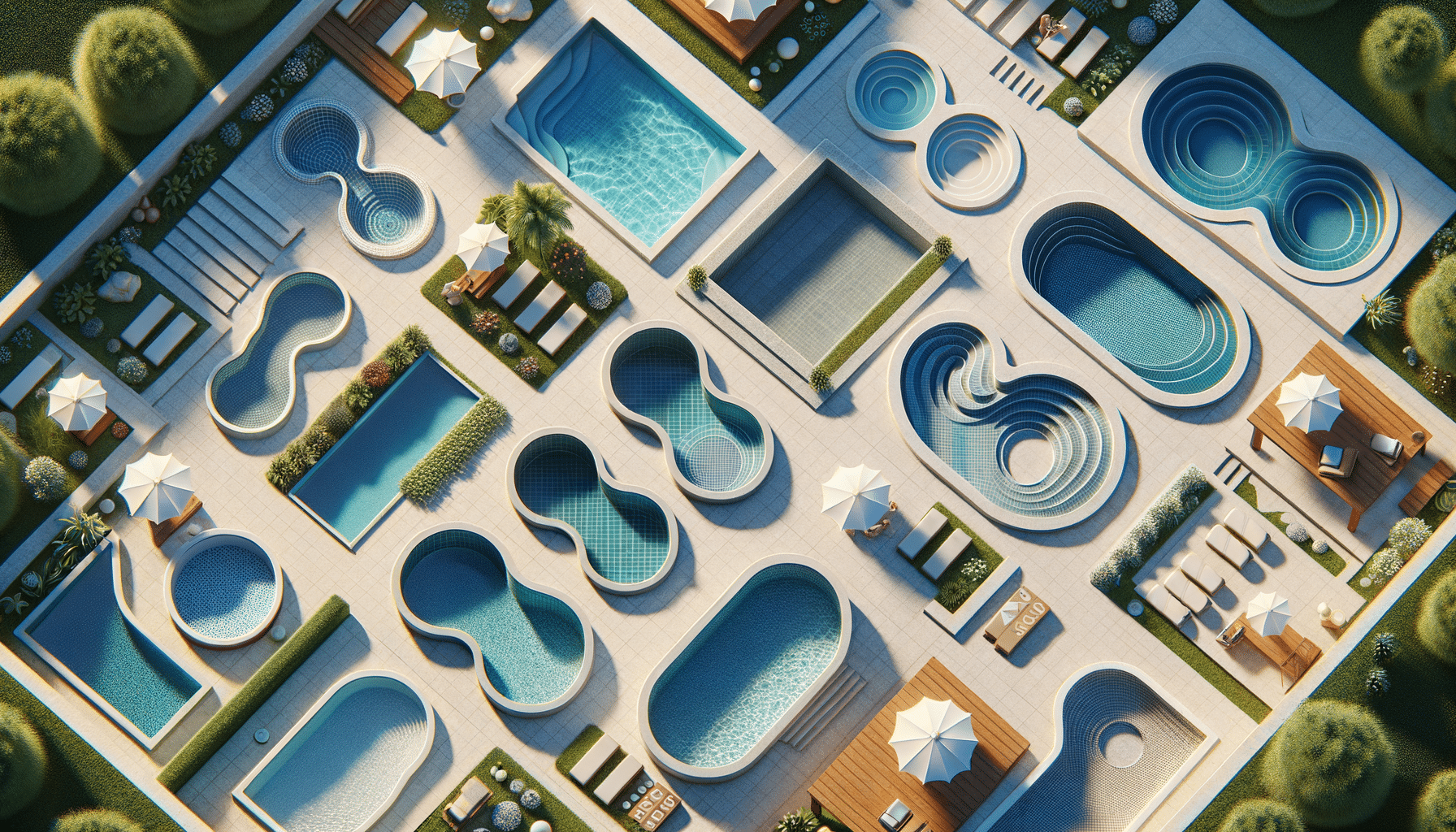
Understanding Pool Shells: A Comprehensive Guide
Introduction to Pool Shells
In the world of swimming pool construction, pool shells play a pivotal role. They form the foundation of any pool, providing the structure and shape necessary for a safe and enjoyable swimming experience. Understanding the types and benefits of pool shells can help homeowners make informed decisions when planning their dream pools.
Types of Pool Shells
Pool shells come in various types, each offering unique advantages. The most common types include:
- Concrete Shells: Known for their durability and flexibility in design, concrete shells can be customized to fit any shape or size.
- Fiberglass Shells: These are pre-fabricated and offer a smooth, non-porous surface that resists algae growth and requires less maintenance.
- Vinyl Liner Shells: These shells use a vinyl liner over a supportive structure, providing a cost-effective option with a variety of design choices.
Each type has its own set of characteristics that cater to different needs and budgets, making it essential to consider what best fits your specific situation.
Benefits of Fiberglass Pool Shells
Fiberglass pool shells have gained popularity due to their exceptional benefits:
- Quick Installation: As they are pre-fabricated, fiberglass shells can be installed quickly, reducing labor costs and time.
- Low Maintenance: The smooth surface prevents algae build-up, leading to fewer cleaning requirements.
- Durability: Fiberglass is resistant to cracks and requires fewer repairs over time compared to other materials.
These features make fiberglass an attractive option for those seeking a hassle-free pool experience.
Comparing Concrete and Vinyl Liner Shells
Concrete and vinyl liner shells offer distinct benefits and challenges:
- Concrete Shells: Ideal for customized designs, they offer flexibility in shape and depth, but require more maintenance and can be prone to algae growth.
- Vinyl Liner Shells: These provide a smooth surface with various design options, but the liners may need replacement every 5-10 years.
Choosing between the two often depends on budget, desired aesthetics, and long-term maintenance considerations.
Conclusion: Choosing the Right Pool Shell
Selecting the right pool shell is crucial for a successful pool installation. Homeowners should weigh the pros and cons of each type, considering factors such as installation time, maintenance needs, and budget. By understanding the unique benefits of each type of pool shell, you can make an informed decision that aligns with your vision and practical requirements.


